Even after hearing several warning messages, people may think that nothing serious is ever going to happen to them. Bit this leaves us vulnerable and unprepared in dangerous situations. No, emergencies don’t happen all that often, but we still need to learn how to react so our chances of survival are good.
We at Bhaskar Health wish for you to stay safe and healthy and found some tips that can save your life in case of an emergency.
1. How to survive a car hanging off a cliff
- Don’t make any fast movements unless your car is already rolling off the cliff. It’s better to take a deep breath and plan the escape.
- Move slowly to keep the car balanced. If there are several people in the car, you need to escape from opposite sides.
- Keep your foot on the brakes if you came to a rest with your foot on the brake pedal. At this moment, your brakes might be the only thing preventing the car from rolling down.
4. If the front of your car is hanging down, exit through the back part of the car. Slowly recline the back of your seat. Find the balance. Now slowly crawl to get to the back seat. Open the back door and escape.
5. Open all the car windows so you get more exits, making it so everyone can escape at the same time. Unlock all the doors.
6. If you have any infants or small children in the car, wait until at least one adult passenger is out of the car and pass a child to them.
2. How to survive a fall through ice
1. When you’re in cold water, your body can go into shock, making you want to gasp. Remember to avoid this breathing reaction underwater. The shock can last 1 to 3 minutes as your body slightly acclimates to the cold.
2. Keep your head above water and as much of your body as possible out of the water. It takes 10 to 45 minutes to lose consciousness in cold water.
3. Get rid of any heavy objects.
4. Get in a horizontal position as you try to get out of the hole and kick your legs.
5. Get as much of your upper body as possible out of the water. Grab onto the top of the ice using your forearms and elbows.
6. Once your upper body is onto the edge of the ice, wait a few seconds. Let your clothes drain a bit. It will reduce your weight and make it easier to get out of the water.
7. Don’t crawl, but roll your body across the ice when you’re out. Quickly plan your way back to shore or your vehicle. Take off the wet clothes.
8. Do some push-ups to improve blood flow.
3. How to survive a wolf attack
1. Don’t run and act submissive. A wolf’s instincts can trigger them to chase you down if you run away.
2. Don’t make eye contact because a wolf may interpret it as a direct challenge. Keep your head lowered.
3. If the wolf keeps coming closer, raise your hands above your head and try to look dominant. Start clapping your hands and shout. The wolf may not get scared but it can give you some extra time to escape.
4. As the wolf starts to approach, back away slowly. Keep calm and stay balanced. Don’t turn your head.
5. Climb a tree but keep looking at the wolf.
6. Get into a curled position if the wolf attacks you.
7. Throw rocks and sticks at the wolf’s face. The animal may question the confrontation and go away.
8. Band in a circle if you’re in a group of people to monitor the situation from different angles.
4. How to survive an avalanche
1. Avoid skiing in places with strong winds because it can cause an avalanche.
2. Cover your mouth to prevent snow from getting into it. Get rid of any heavy equipment but leave your backpack on because it can be used as extra protection, like a cushion.
3. Try to grab onto a sturdy tree.
4. Start swimming so it can help you stay near the surface of the snow.
6. Hold one arm straight above your head when you feel you’re getting pulled down under the snow. Wiggle it around so you get a tunnel to breathe in. This will also help you figure out which way is up since it’s easy to get disoriented once you’re under the snow.
7. Dig a pocket around your face. Once the avalanche stops, the snow settles in as heavily as concrete so you need some space to breathe for at least 30 minutes.
8. Attach avalanche radar to yourself before going skiing so that a rescue team can detect you easily.
5. How to survive getting lost in the Amazon
1. If you get lost in the jungle, use the technique known as S-T-O-P, which stands for “stop, think, observe, and plan.”
2. Try to figure out where you came from.
3. Keep going in one consistent direction. Leave notes saying where you’re going and what time it was.
4. Build a shelter if you remain lost for a long time. Find a long, fairly straight branch and lean its end against a tree. Now place shorter branches along the length of the long one at 45° angles. Cover everything with large leaves.
6. How to survive a fast river current
1. Swim diagonally toward the shoreline. Do not try to swim straight toward the shore. It will take too much energy. Choose to swim at a 45° angle.
2. Do not try to swim upstream.
3. Float down on your back with your feet pointed downstream. Your head should be positioned upstream so it will be protected. Once you reach a calmer area, flip over and swim diagonally toward the shore.
7. How to survive an anaconda attack
1. Stay out of the shallow rivers that anacondas like. If you see a snake, don’t get close and watch to see if it’s tracking your movements or following you.
2. If you’re squeezed by a snake, do not exhale. Every time you exhale, the snake will squeeze tighter.
3. Get the snake’s tail and bite the end of it as hard as you can. This will cause the anaconda tremendous pain and the anaconda will let you go.
4. Hit the snake with a nearby rock or another object. If you can’t get a hold of the end of a snake’s tail, the best thing to do is battle with it until it releases you. They don’t want a fight but need an easy target.
What was the most extreme situation you’ve ever been in? How do you usually manage feelings of panic?

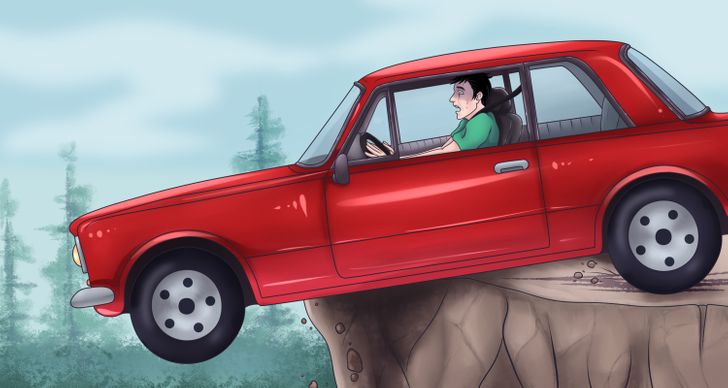
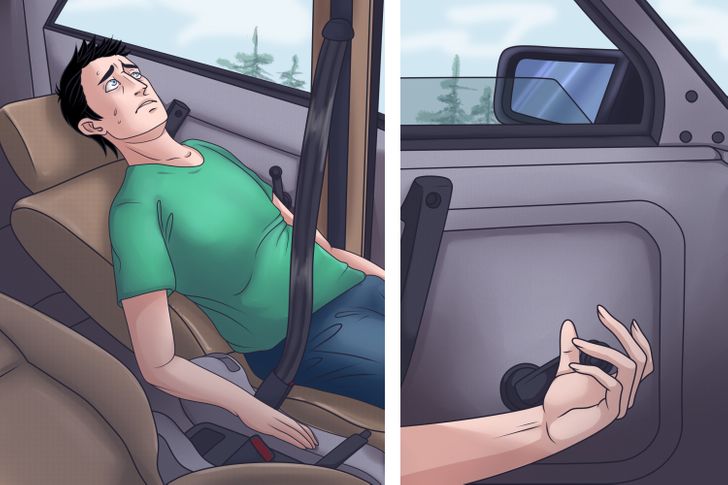
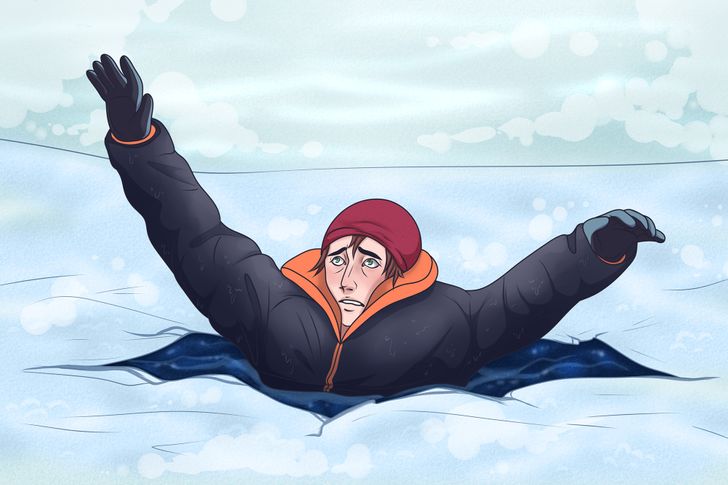
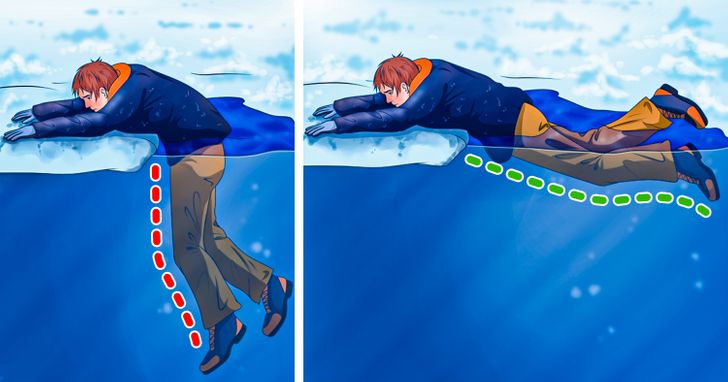
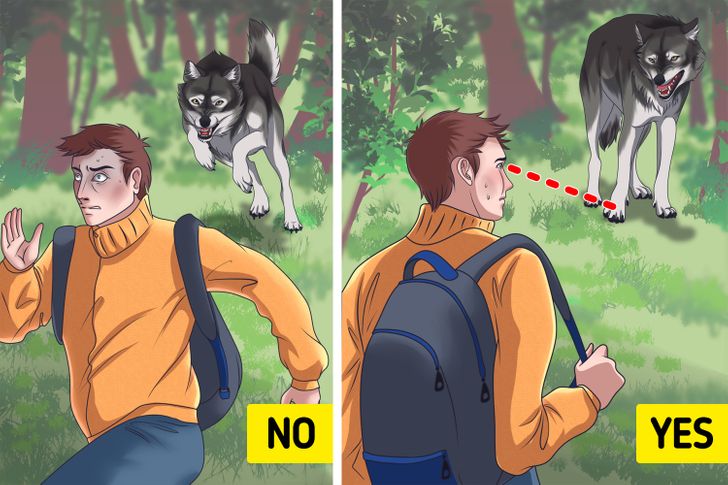
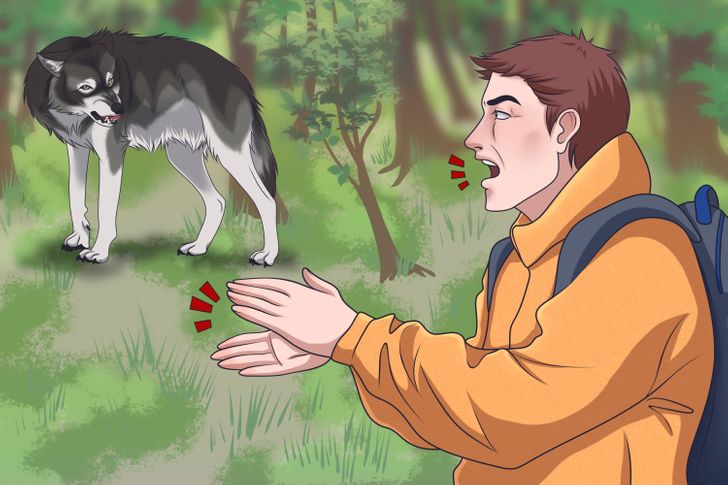
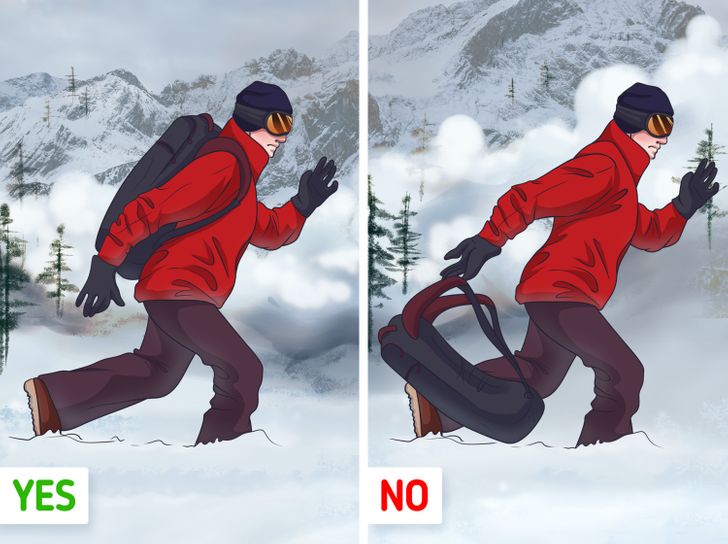
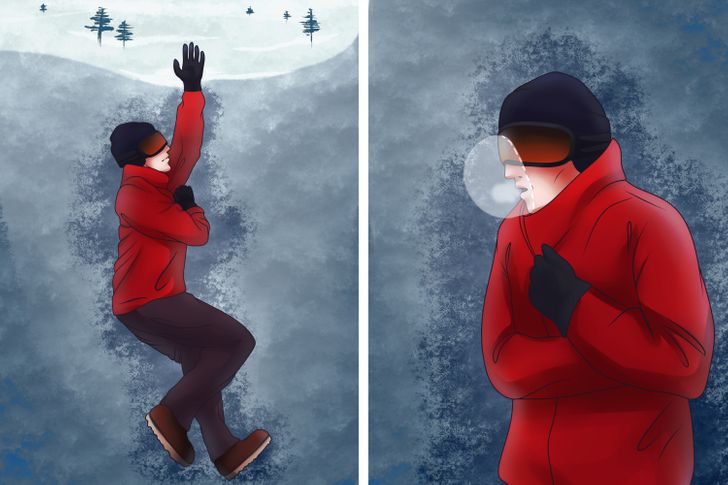
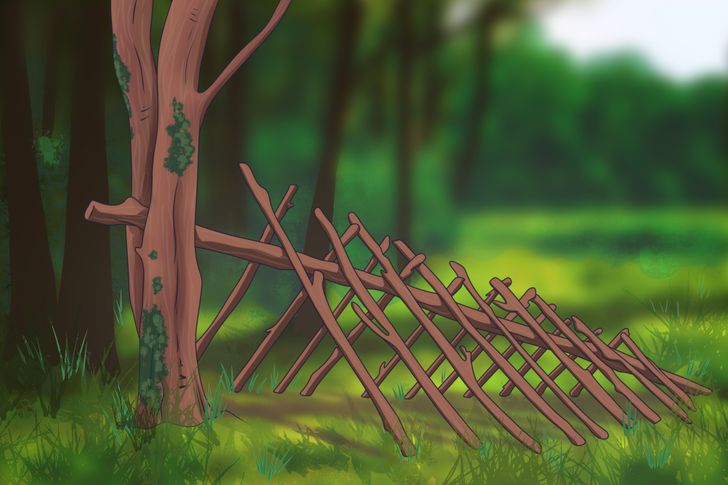
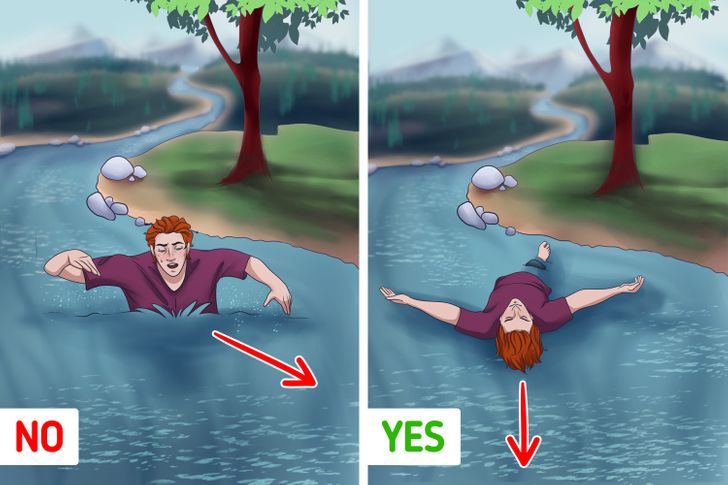

0Comments